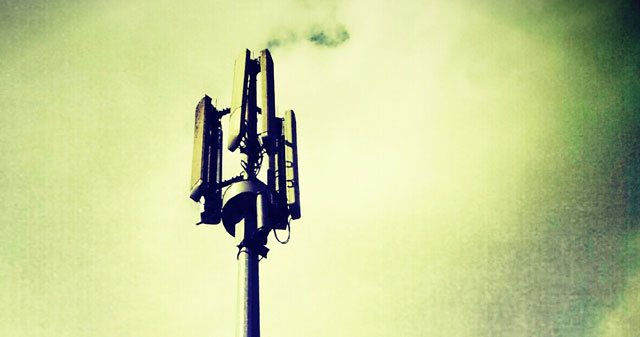
MTN has applied for access to a sliver of spectrum between 2 010MHz and 2 015MHz to provide mobile broadband services, the Independent Communications Authority of South Africa (Icasa) said on Monday. But its rivals are objecting.
MTN wants access to the extra 5MHz block of spectrum in the 2,1GHz band to provide mobile broadband services using time-division duplexing technology.
Since MTN filed its application, Icasa has received objections from Smile Communications, Vodacom, Neotel and Cell C. A recurring complaint from the operators is that they were given too little time to comment on MTN’s application. The authority has now called a public hearing for Wednesday, 21 August, to consider the issue.
In its submission, Vodacom has taken exception to the application, saying in a letter to Icasa that the spectrum in question is in a high-demand spectrum band where demand exceeds supply. “Vodacom submits that the authority must invite applications for this spectrum in terms of … the Electronic Communications Act and … the radio frequency spectrum regulation[s] of 2011.”
Cell C says in its submission that because spectrum is “a scarce and valuable public resource”, providing access to it “must always be subject to public scrutiny to ensure that it is awarded in a manner that promotes the public interest”.
Like Vodacom, Cell C says MTN’s application does not appear to have been made in terms of the Electronic Communications Act or the relevant spectrum regulations.
Smile Communications, meanwhile, warns Icasa that if the spectrum is granted to MTN it could prejudice other industry players. It says assigning the band would be “premature” and should not be done until the 800MHz and 2,5GHz bands have been assigned and until government’s broadband strategy has been clarified.
“MTN already has spectrum in the 2,1GHz band and this additional assignment would not be the most efficient and equitable usage of broadband spectrum as it would concentrate spectrum in the hands of one company,” it says.
Smile says, too, that its March 2009 application for spectrum in bands not at the time considered to be in high demand, has still not been processed.
Neotel has also decided to oppose MTN’s application, but based on “deemed rights” granted in the 1996 Telecommunications Act on access to 3G spectrum bands. “The 3G band in this case refers to the radio frequency channels 1 920MHz to 1 980MHz paired with 2 110MHz to 2 170MHz,” it says.
The operator says its gaining access to this band is “critical” so that it can “enhance its enterprise and consumer service offerings” and extend broadband services in South Africa.
According to MTN, the unassigned spectrum will help it ensure it is “capable of providing sufficient capacity to support the rapid increase in data traffic being experienced by network operators both nationally and globally”, Icasa says. — (c) 2013 NewsCentral Media

